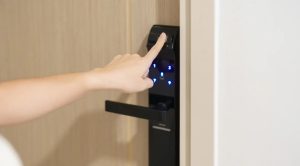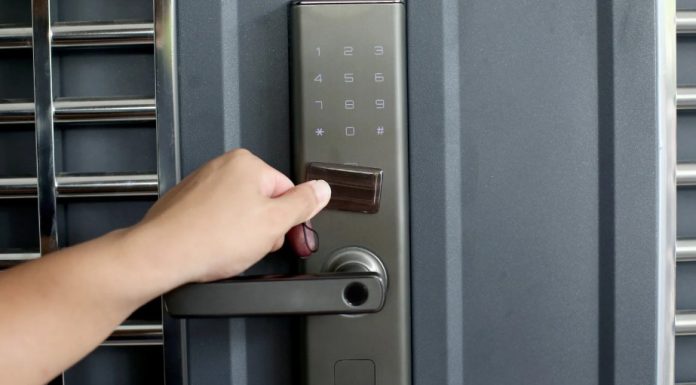Table of Contents
Home security is about more than just preventing break-ins—it directly impacts insurance premiums and property value. In London, where burglary rates remain high, insurers assess a property’s security before setting premiums.
A home with outdated locks may face higher insurance costs or even be denied coverage, while properties with high-security locks can qualify for discounts of up to 15%.
This article explores how lock upgrades can reduce insurance costs, increase home value, and improve overall security.
Why Insurance Companies Care About Lock Security?

Insurance providers determine premiums based on risk levels. If you’re in need of a lock change London, upgrading to anti-snap, high-security locks can not only improve your home’s protection but may also lower your insurance costs.
One of the most important factors is how easily a burglar could gain access to the home. Homes with weak or outdated locks are classified as high-risk, leading to:
- Higher monthly premiums due to increased burglary likelihood.
- Potential denial of coverage if security is deemed inadequate.
- Limited payout eligibility in case of a burglary where poor security is a contributing factor.
A 2023 report by Compare the Market found that homes in London with basic euro cylinder locks faced insurance premiums 10-20% higher than those with upgraded locks.
Insurers see outdated locks as an open invitation to burglars, making them hesitant to offer affordable policies.
Locks That Increase Insurance Costs and Risk
Many London homes still use outdated locks, unknowingly increasing their risk of break-ins and raising their insurance costs.
1. Standard Euro Cylinder Locks
Highly vulnerable to lock snapping, allowing burglars to break in within seconds. Common in uPVC and composite doors in London properties. Many insurers classify these locks as high-risk, leading to higher premiums or refusal of coverage.
2. Two-Lever Mortice Locks
Lack of modern reinforcements, making them easy to pick or force open. Found in older wooden doors across London. Many insurers refuse to cover homes using these outdated locks.
3. Basic Night Latches Without Deadbolts
Can be bypassed using force or simple tools. Common on front doors of older properties and rental flats. Not recognized as a primary security measure, leading to higher insurance rates.
If a home still has any of these locks, insurers may charge higher premiums or deny coverage due to the increased risk of burglary.
Impact on Property Value
Security improvements do more than reduce insurance premiums. They also increase home value. Buyers and renters in London prioritize security, and properties with upgraded locks attract higher offers.
Buyers consider security an essential factor when choosing a home. Properties with strong locks and additional security features stand out in competitive markets.
Lock upgrades can justify higher rental prices for landlords. Tenants prefer properties with modern security systems, making upgraded homes more desirable in the rental market.
Cost vs. Savings of Lock Upgrades

Some homeowners hesitate to upgrade locks due to cost concerns, but the long-term savings outweigh the initial expense.
A standard TS007 3-star lock costs between £60 and £120. This can lead to insurance premium reductions of 5 to 10 percent.
BS3621 mortice deadlocks cost between £80 and £150. Many insurers require at least one BS3621-approved lock, which can result in a 10 to 15 percent premium reduction.
Smart lock systems range from £150 to £400. These provide additional security benefits and can reduce premiums by up to 12 percent.
Multi-point locking systems cost between £250 and £500. These systems can lower insurance rates by 12 to 15 percent and increase home value by making properties more attractive to buyers.
Given that the average home insurance premium in London is £450 per year, a 10 to 15 percent reduction means savings of £45 to £70 annually. Over time, these savings offset the cost of upgrading locks.
Conclusion
Lock security plays a crucial role in home insurance costs and property value. Homes with outdated locks face higher premiums, while those with high-security locks benefit from lower insurance costs and increased resale value.
For London homeowners, upgrading locks is a smart financial decision. The benefits extend beyond security, making properties more desirable and reducing long-term costs. Investing in high-security locks today can save thousands over time.


